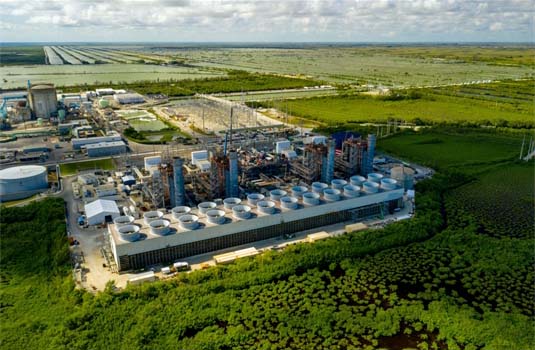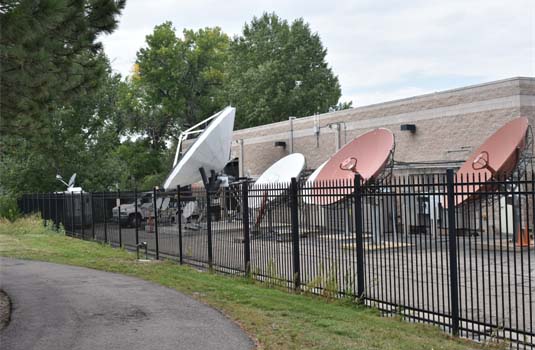Electrical Power Plants
 A power plant is the main facility in which power is generated. There are power plants located in thousands of locations all over the world. This is where the source of power comes from that gives light and energy to our homes, businesses, school, hospitals, hotel, and many other places. Unfortunately, however, emergencies do occur, and the power plant can experience problems that can cause outages for many square miles in some instances. A power plant is the main facility in which power is generated. There are power plants located in thousands of locations all over the world. This is where the source of power comes from that gives light and energy to our homes, businesses, school, hospitals, hotel, and many other places. Unfortunately, however, emergencies do occur, and the power plant can experience problems that can cause outages for many square miles in some instances.
When this happens, luckily many power plants opt to use diesel generators as a source of backup or standby power. Most plants will have an entirely separate building that is used to house the backup generators, since they are extremely large.
They must provide power for thousands of homes, so the generators require a lot of maintenance and care. An experienced engineer will know just how much power is needed and what type of generator should be used for the plant.
In addition to the generators themselves, a supply of diesel must be readily available to feed into the generators so that they work properly. This is usually contained in a very large tank right next to the actual generators themselves. When the power plant experiences a loss, the generators receive a signal to begin powering up, thus providing their own backup source.
eak detection is important, as well as the fact that all environmental standards must be followed when using diesel generators. An inspector frequently checks the power plant to be sure it is meeting all of the proper specifications and safety precautions. These large diesel generators can be a real life saver in the event of a power emergency.
While they do not last extremely long, they can maintain power to large areas for several hours. This gives the power plant crew time to work on the main power source and get everything back up and running, while customers do not even experience the blackout.
Telecommunications
The telephone connects us to the rest of the world. It’s used for conducting business and for keeping in touch with loved ones. More importantly, it’s used in the event of an emergency. If the telephone goes out, people cannot reach emergency personnel to get the help they need. This is where the importance of backup power comes in for telecom companies.
It’s extremely essential that telecommunications providers maintain their power supplies, and check the UPS (uninterruptible power supply) on at least a weekly basis to prevent unexpected disruptions. Redundant generators should also be installed, so when a power loss occurs, the company has a backup plan already in place. Diesel fuel should be stocked and ready so that there is no downtime in the power going to the telephone systems.
Network engineers have to constantly come up with new ways to ensure the reliability of the telecom company’s system so that customers experience very little to no down time. There are many sources for backup power, including fuel cells, various forms of battery technology (such as lithium ion), and diesel generators.
The telecommunications companies know that any time customers are without a phone is a bad thing, both for their reputation and for overall business. While batteries are the most commonly used methods for backup power when it comes to telecom companies, diesel power backup technology is beginning to be a much more common tool. The phone systems are essential for a functioning society. That’s why having a backup power plan is absolutely critical in times of serious disaster. Thankfully new methods have been developed in recent years, giving telecom companies a much more cost effective and reliable plan for backup power.
|